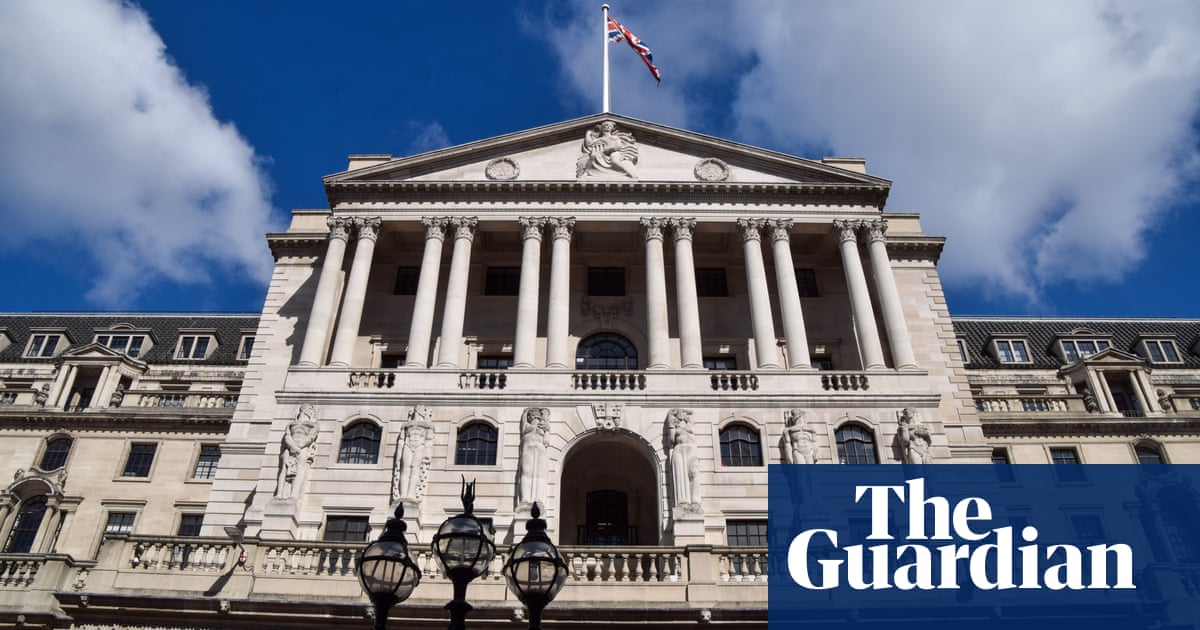
Leading women in British theatre have expressed concern that cash-strapped theatres could prioritise staging “safe” work by men and face an exodus of female talent if urgent action is not taken to support women after the pandemic.
As a survey reveals more than 60% of women across all roles in UK theatre are considering leaving the industry, with 85% worried gender inequality will worsen post-Covid, the leading figures have called on Arts Council England (ACE) and the government to introduce support funds and quotas.
The research, conducted by playwright Jennifer Tuckett, in partnership with organisations such as The Writers’ Guild of Great Britain, Equity, Stage Directors UK and the December Group, found that more than 98% of the 387 women surveyed experienced challenges in the past 19 months, including a decrease in freelance work (74%), and increases in domestic tasks (38%) childcare (27%) and unemployment (32%).
One concern was the risk of theatres equating “the need to attract back audiences with staging well-known, safe work, which often means male-written,” according to Tuckett, who is research and literary director at Sphinx Theatre, the UK’s longest established women’s theatre company.
Other concerns included discrimination against women over 40, and women occupying more emerging and mid-stage jobs, which were more dispensable.
Responding to the findings, Stella Kanu, executive director at the London international festival of theatre, said while “the picture this study paints is layered, without urgent intervention the result is simple – a talent drain of huge proportions that has sadly already begun. Every woman and non-binary person I speak to is seriously examining the theatre industry environment and its impact on their workload, income, personal responsibilities, and potential future.”
Director and producer Jude Kelly, founder of the Wow Foundation and the former artistic director of the Southbank Centre, said Covid had exposed the “fragility of progress” women in theatre had made.
“In the UK there seems to be an illusion that women have won the argument for validity in the arts” said Kelly, who has directed more than 100 productions, including for the English National Opera and London’s West End. “But our society, and therefore our industry, is still stuck in the assumptions that women should be the unpaid primary carers for all family members, the solver of all community needs and the ones willing to waylay or abandon our careers and dreams in order to maintain someone else’s.”
The Women in Theatre survey calls for the introduction of a childcare and caring responsibilities support fund by ACE, which would “allow those with caring responsibilities to apply for support to facilitate work in the arts”.
It also recommends specific support for women over 40 working in theatre, action to increase awareness of gender bias, and the introduction of quotas and training.
Commercial theatre owner Dame Rosemary Squire said the pandemic highlighted “fundamental inequalities that women in our industry have had to face for years.”
Squire, founder of the Ambassador Theatre Group, – which owns 39 theatres in the West End as well as regional venues across the UK – and CEO of Trafalgar Entertainment, said caring responsibilities “fell disproportionately on women” and often on those over 40 who have caring responsibilities for both children and elderly people.
“I experienced this myself during the pandemic and saw many colleagues struggle with it,” she said. “Some of the worst affected were freelancers. Our business relies on a freelance creative workforce, many of whom are women. They suffered the double blow of interrupted workflow and increased domestic responsibilities – and there was often little to no financial support available.”
Last year, a third of freelancers said they were considering leaving the industry.
Respondents to Tuckett’s survey said they had shifted to other sectors in the entertainment industry that paid more, including TV, film, and games.
“As a female, early career artist, I think at a risky time for theatres I’m considered even more risky than before,” one said.
The Writers’ Guild of Great Britain general secretary, Ellie Peers, said the figures from the research made for “shocking reading”.
Tuckett added: “Dominic Cummings is reported to have said ‘the fucking ballerinas can get to the back of the queue’ in terms of pandemic support. We hope, as business returns to normality, both ACE and the UK government will commit to providing support for women in the arts, which as an industry contributes billions to the economy each year.”












